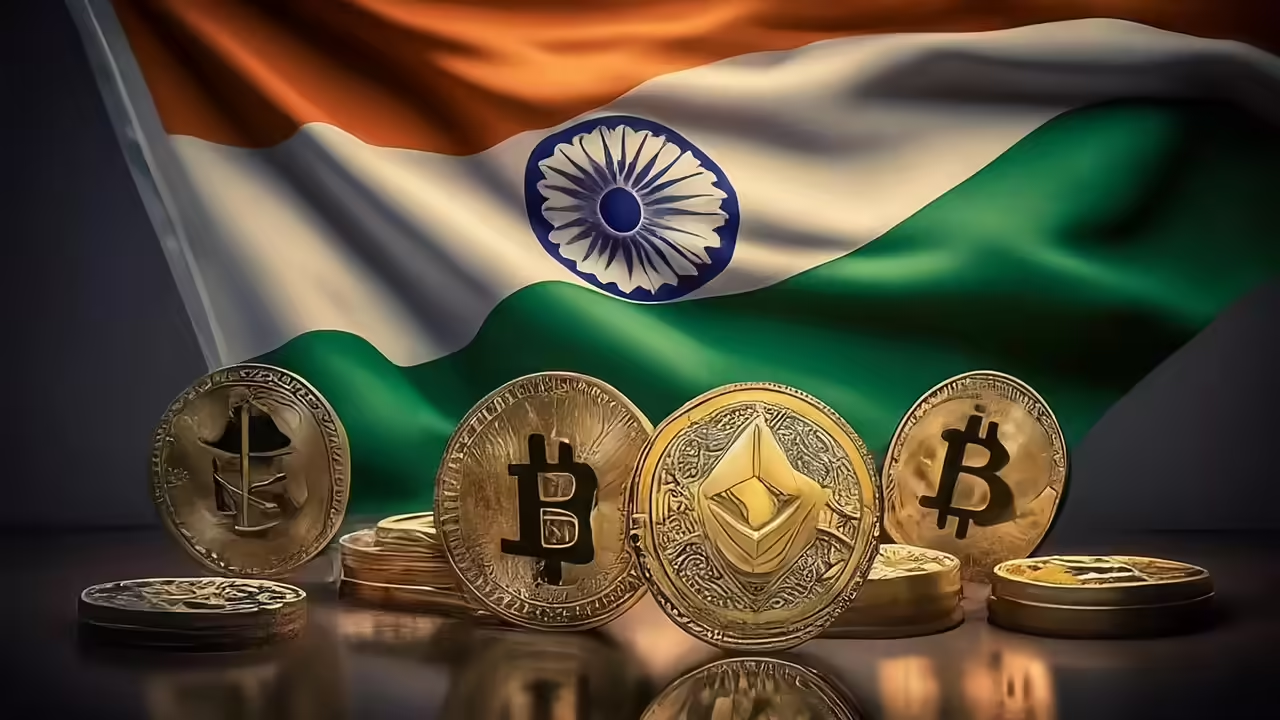Now Reading: India’s Crypto Regulation Stuck in Limbo: Why Clarity Still Seems Far Away
-
01
India’s Crypto Regulation Stuck in Limbo: Why Clarity Still Seems Far Away
India’s Crypto Regulation Stuck in Limbo: Why Clarity Still Seems Far Away

Cryptocurrency in India continues to live in a grey zone. Investors, exchanges, and even casual traders remain unsure about what the government truly intends to do. On one side, India is pushing for global cooperation on digital assets, while on the other, there’s still no clear law defining how crypto should be regulated within the country. This uncertainty leaves millions of Indians, especially those in Tier 2 cities, caught between interest and hesitation.
The government’s stance on crypto has been cautious from the start. Authorities argue that digital assets could threaten financial stability if left unchecked. Concerns about illegal use, money laundering, and risks for small investors are often cited as reasons for delaying a full regulatory framework. While taxes on crypto transactions are firmly in place, there’s still no clarity on whether cryptocurrencies should be treated as assets, commodities, or something entirely different.
For people in smaller cities, this lack of clarity has direct consequences. Many young investors see crypto as a way to grow their savings or explore new digital opportunities. Yet, they face hurdles when trying to use Indian exchanges, transfer money, or even explain to banks why they’re buying digital tokens. Without a proper legal setup, trust issues grow, and investors hesitate to go beyond small trades.
Globally, countries are taking different approaches. Some have accepted crypto with regulations, while others have created central bank digital currencies as safer alternatives. India has launched its digital rupee experiment but remains hesitant about legalising private cryptocurrencies. This dual approach leaves many wondering whether the government’s goal is to control the market rather than support innovation.
Experts believe the delay in regulation also affects India’s position in the global fintech race. Developers, startups, and investors need clarity to build sustainable businesses. Without it, talent risks moving to countries with friendlier rules, leaving India behind in a rapidly changing digital economy.
In the end, India’s crypto story remains unfinished. The government wants to protect the economy but hasn’t yet provided the clear direction that citizens and businesses need. Until firm rules are set, investors in both metros and Tier 2 cities will continue to tread carefully, waiting for the day when India finally decides the future of crypto.

























